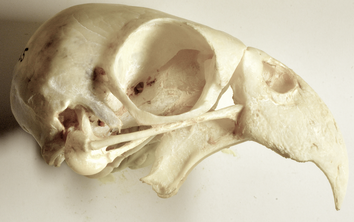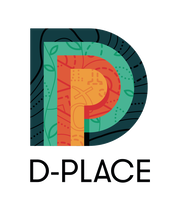Current research projects...
Research at the Botero Lab is currently structured around three main themes...
coping with variable and unpredictable environments
Anthropogenic climate change has recently altered the variability and predictability of local climates and is increasingly threatening the mere existence of wildlife around the world. At the Botero Lab we believe that understanding and potentially addressing the consequences of this phenomenon is one of the greatest challenges of our time. Through theoretical models and comparative biogeographic analyses, we are actively trying to understand when and how we should expect animals to adapt to these environmental changes and what general factors may predict individual species' vulnerabilities to climate change.
Evolutionary ecology of the avian brain
 Amazona viridigenalis
Amazona viridigenalis
Despite centuries of interest in the diversity of vertebrate brains, we still have a limited understanding of the factors that drove the evolution of differences in brain size, shape, and connectivity among closely related lineages. Similarly, our knowledge of how these changes may have subsequently affected the ecology and evolution of these lineages remains largely speculative. Two related methodological challenges have slowed down our progress on these fronts: (1) investigating the links between brains, ecology and evolution requires having directly comparable metrics for a large number of species and environments; and (2) brain metrics that can be easily obtained from many species often provide limited information on cognitive ability. Our team is directly addressing these data deficiencies in a variety of ways and employing innovative analytical methods to help fill in some of the most fundamental gaps in our understanding of the ecological and evolutionary consequences of variation in cognition and brain architecture among birds.
cultural evolution

The Botero Lab is an active member of the D-PLACE collaborative, a multidisciplinary team that employs the tools of ecology and evolutionary biology to study linguistic diversity and cultural change in humans. This exciting collaboration has led to new insights on the ecological drivers of religious beliefs, the way in which demography and ecology shaped patterns of linguistic diversity in Australia, the ecological context that ushered the transition to agriculture as our main mode of subsistence, the ecological and cultural drivers of global variation in subsistence strategies, and the most likely evolutionary pathways to social inequality.
